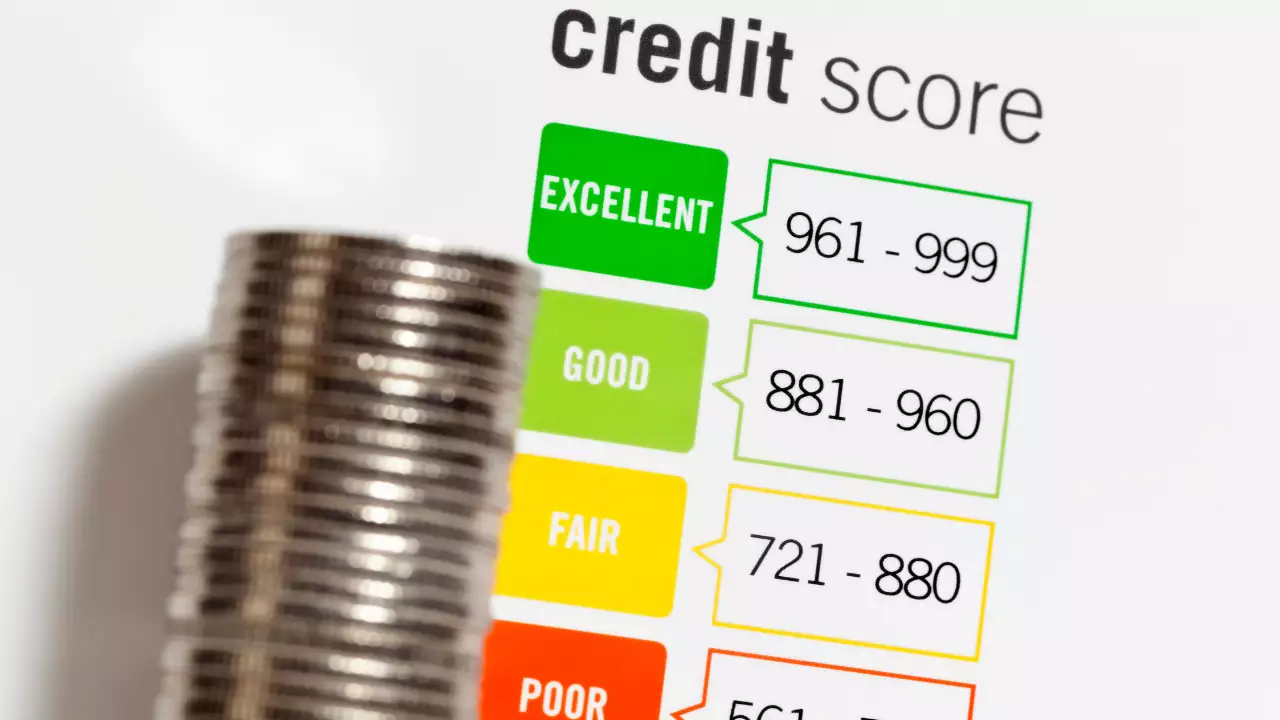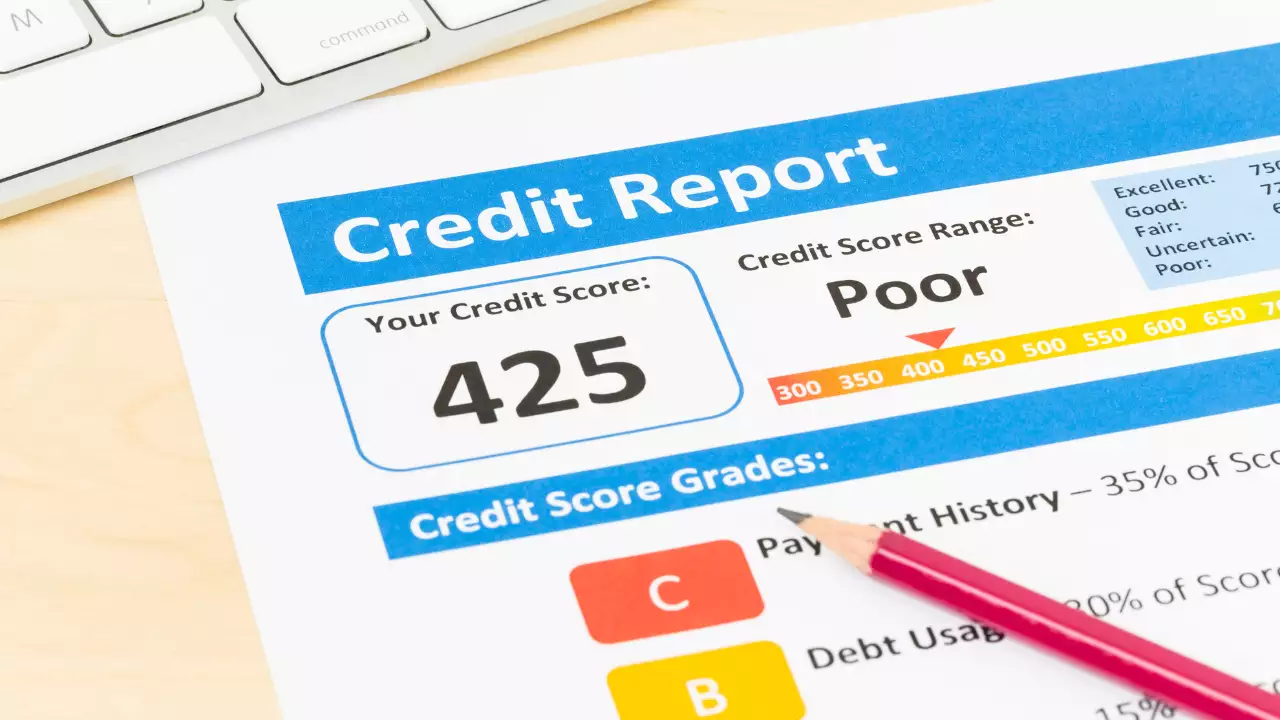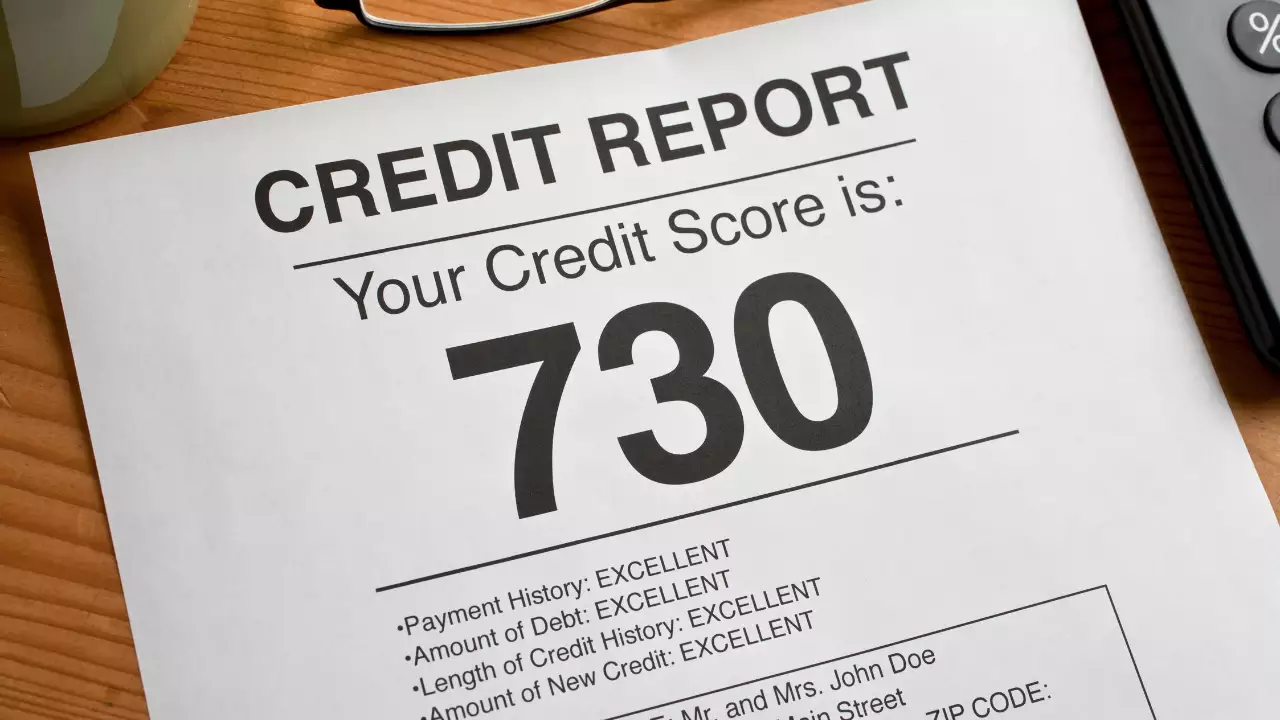Credit scores can be confusing, especially if you’re just starting to pay attention to your financial health. With phrases like “FICO scores”, “VantageScores”, “credit utilization”, and more getting thrown around, it’s easy to get overwhelmed.
In this beginner’s guide, I’ll break down the basics of what credit scores are, why they matter, and provide an overview of the most common credit score ranges you’ll likely encounter.
My goal is to equip you with the key knowledge you need to better understand your current standing and start taking steps to reach your credit goals.
What Are Credit Scores and Why Do They Matter?

Your credit score is a three-digit number calculated based on information in your credit report, which details your history of paying bills and managing debt.
Most scores range from 300-850.
The higher your credit score, the lower risk you are deemed by lenders. This allows you to qualify for better interest rates, more favorable loan terms, higher credit limits, and more. Maintaining good credit saves you money over your lifetime.
Scores are provided by credit scoring companies like FICO and VantageScore. FICO scores are used in 90% of lending decisions, so those are the most widely used. I’ll focus on FICO credit score ranges in this guide.
Overview of FICO Credit Score Ranges
For a quick reference, here is short table on credit score ranges:
| Credit Score Range | FICO Score | VantageScore |
|---|---|---|
| Poor/Very Poor | 300-579 | 300-600 |
| Fair | 580-669 | 601-660 |
| Good | 670-739 | 661-780 |
| Very Good | 740-799 | 781-850 |
| Excellent/Exceptional | 800-850 | 781-850 |
Key points:
- FICO and VantageScore are the two most commonly used credit scoring models
- Both score ranges fall between 300-850 typically
- The higher the score, the better in terms of qualifying for favorable loan terms
- Scores above 700 are generally considered good, while 800+ is excellent
Now, let’s read in detail.
FICO scores fall into the following ranges:
Poor Credit (300-579)

If your score is between 300-579, you’re considered a high-risk borrower with poor credit. Some key facts about having a poor credit score:
- Very difficult to get approved for new credit cards or loans
- If approved, expect high interest rates and unfavorable terms
- May need to put down deposits for utilities, cell phone plans, etc.
Tips to improve a poor score:
- Pay all bills on time
- Pay down balances below 30% of the credit limit
- Avoid applying for new credit until score improves
Read this also: What is the history of Credit Scores?
Fair Credit (580-669)
A fair credit score ranges from 580-669. With fair credit:
- You may get approved for credit cards/loans with subpar terms
- Interest rates will be higher than those with good/very good credit
- Reducing utilization and continuing on-time payments can help increase score
Tips to boost your fair credit score:
- Ask creditors for higher credit limits to lower utilization
- Set up automatic payments to avoid missed payments
- Limit new credit applications in the short term
Good Credit (670-739)

Scores from 670-739 are considered good credit. If your score is in this range:
- Approval odds for new credit applications are decent
- You’ll likely qualify for competitive interest rates
- Seen as a dependable borrower by most lenders
Tips to maintain a good credit score:
- Use credit cards lightly and pay statement balances in full
- Review credit reports regularly and dispute errors quickly
- Be cautious about closing old credit accounts
Very Good Credit (740-799)
With very good credit, your score falls between 740-799. Key benefits include:
- High likelihood of approval for loans/credit cards
- Qualification for the best interest rates from lenders
- More bargaining power to negotiate favorable borrowing terms
Tips for preserving very good credit:
- Use credit cards responsibly and avoid carrying balances
- Be prudent about opening new credit accounts
- Maintain healthy credit utilization levels
Exceptional Credit (800-850)
Finally, exceptional credit refers to scores from 800-850. Reaching this top tier means:
- Guaranteed approval for new credit at the best possible rates
- Maximum savings on interest over your financial lifetime
- Financial flexibility and options
Tips for maintaining exceptional 800+ credit:
- Closely monitor credit reports for errors or fraudulent activity
- Use credit strategically but sparingly
- Consider allowing others to piggyback on great credit history
Why Understanding Credit Score Ranges Matters
Checking your credit score frequently enables you to benchmark your current standing and track improvement over time. Knowing which credit tier you fall under also allows you to set realistic expectations when applying for lending products.
For example, if your score is in the fair range, you can anticipate the likelihood of approval for an auto loan or mortgage, but expect higher interest rates. You can then make an informed decision about whether to apply or wait until your score increases.
Understanding credit score ranges is key to navigating your financial journey. While the numbers themselves are simple, the impact they have is profound.
References:
https://www.finra.org/investors/personal-finance/how-your-credit-score-impacts-your-financial-future
https://www.experian.com/blogs/ask-experian/credit-education/score-basics/what-is-a-good-credit-score/
https://www.forbes.com/advisor/credit-score/fico-vs-vantagescore-credit-scores-whats-the-difference/
https://www.equifax.com/personal/education/credit/score/articles/-/learn/difference-between-fico-scores-vantagescore/
https://time.com/personal-finance/article/different-credit-scoring-ranges/